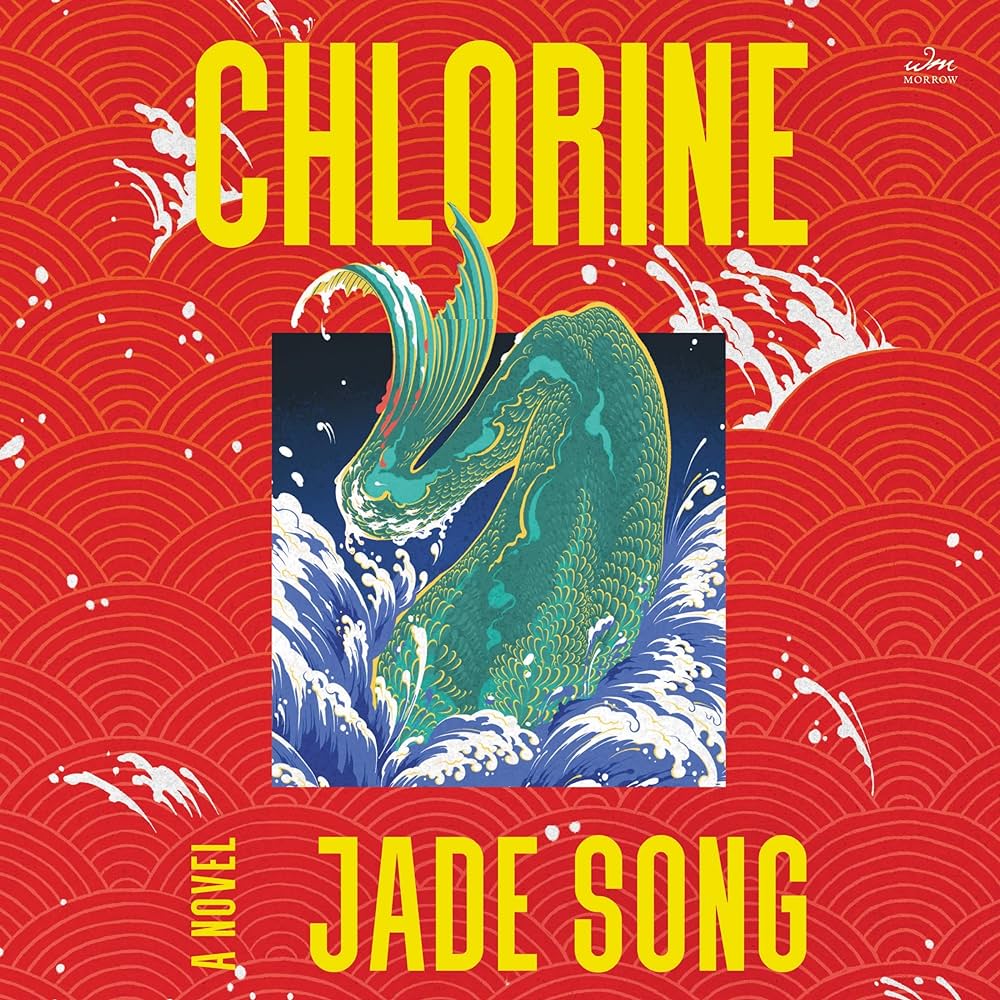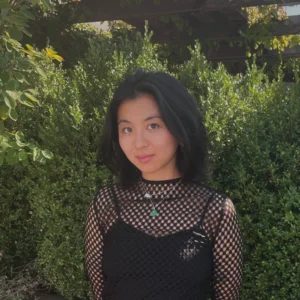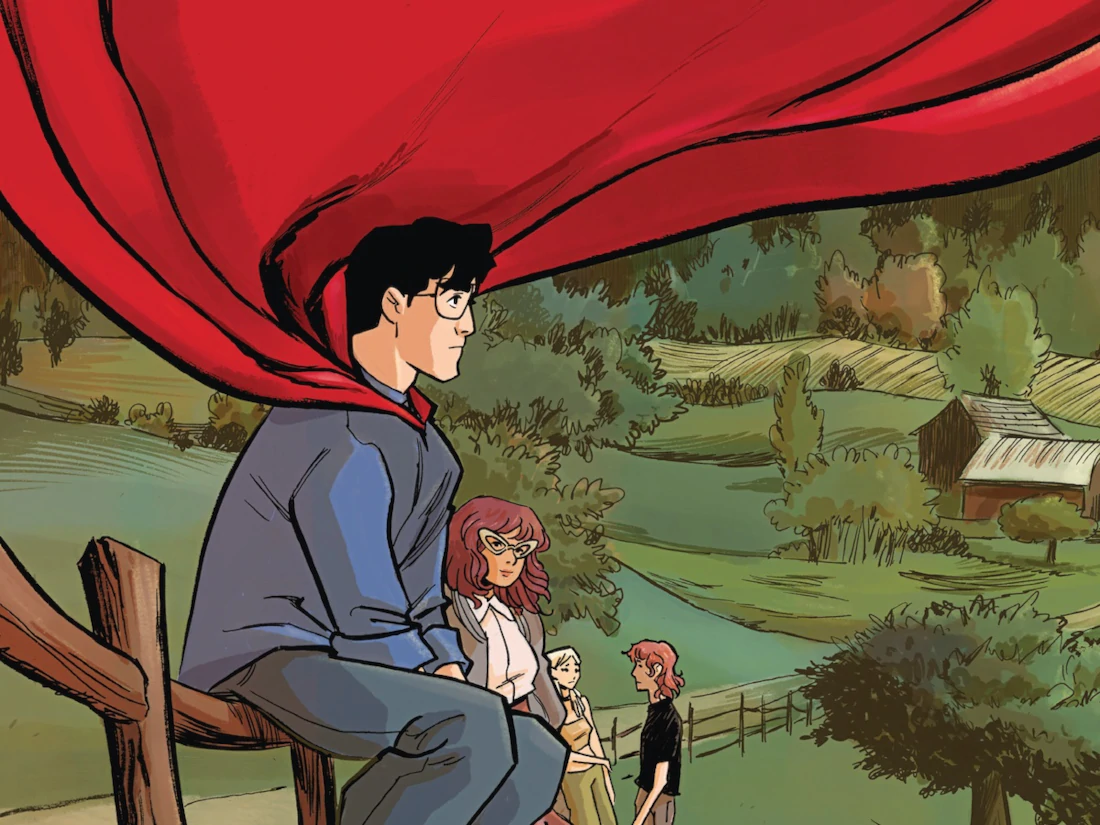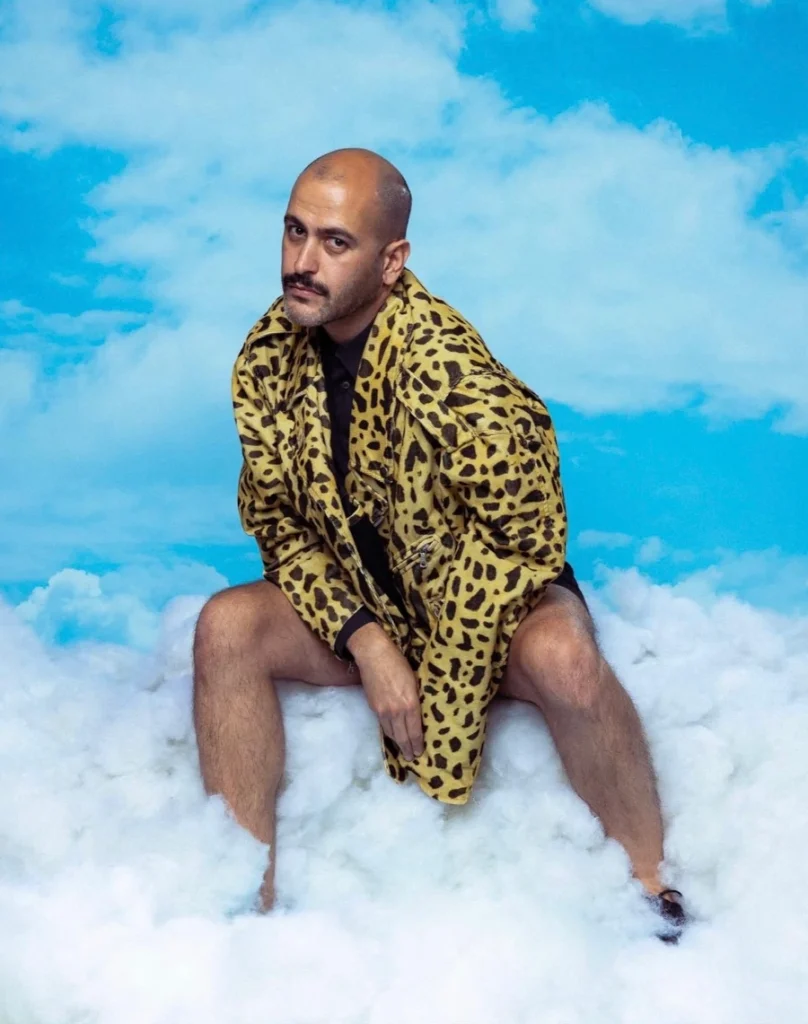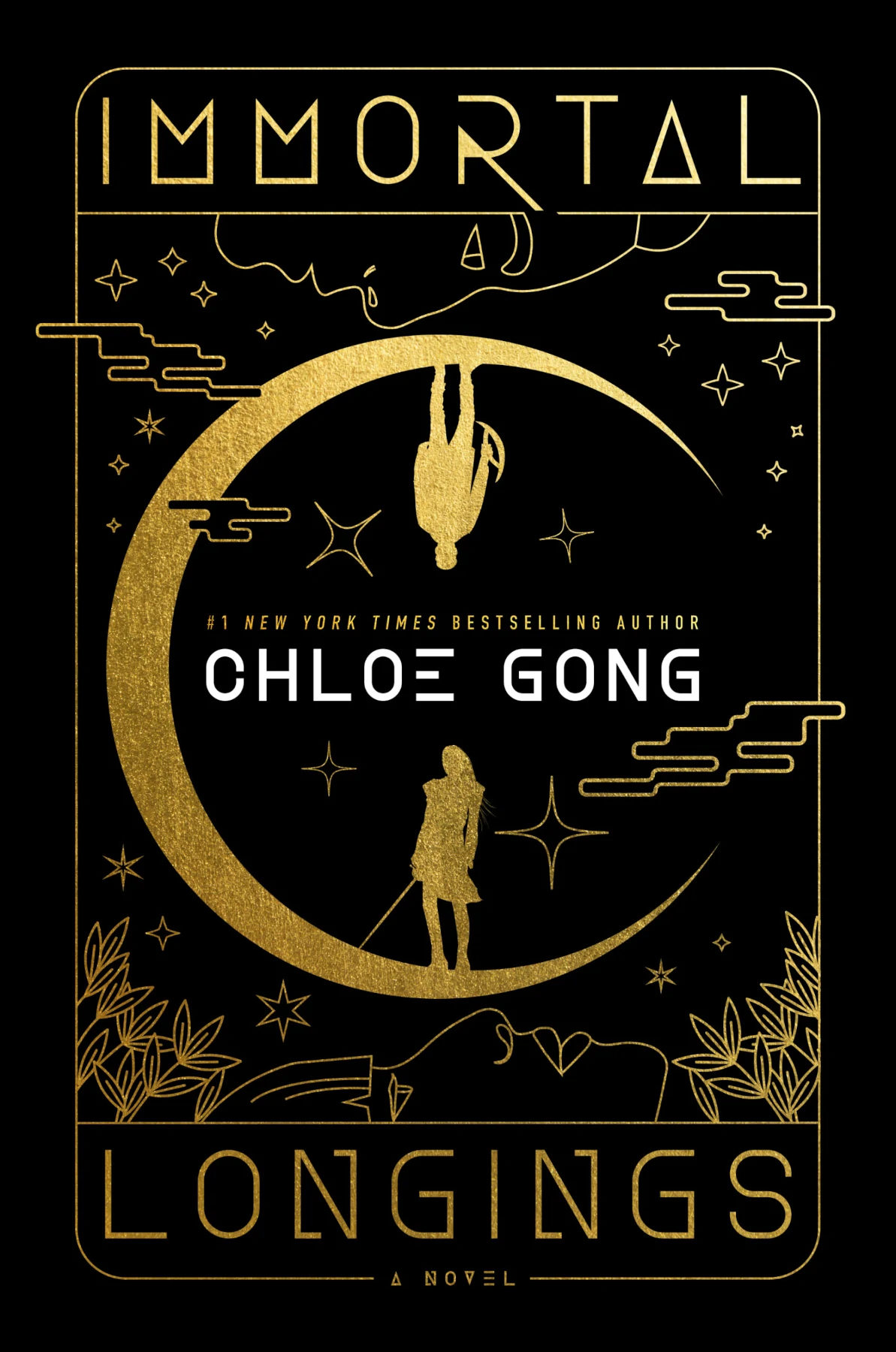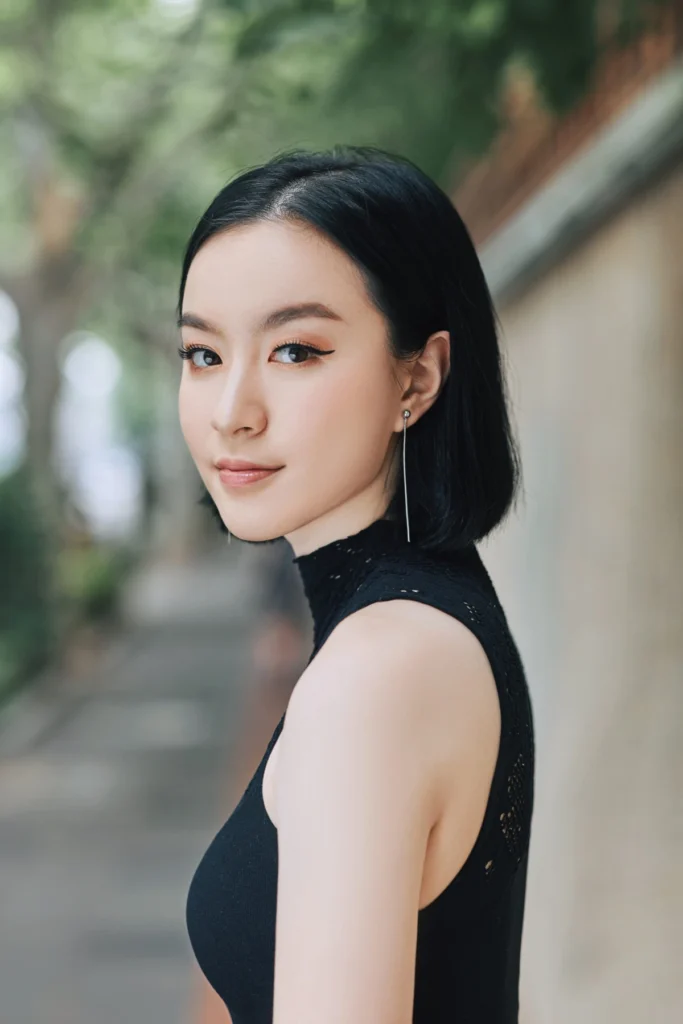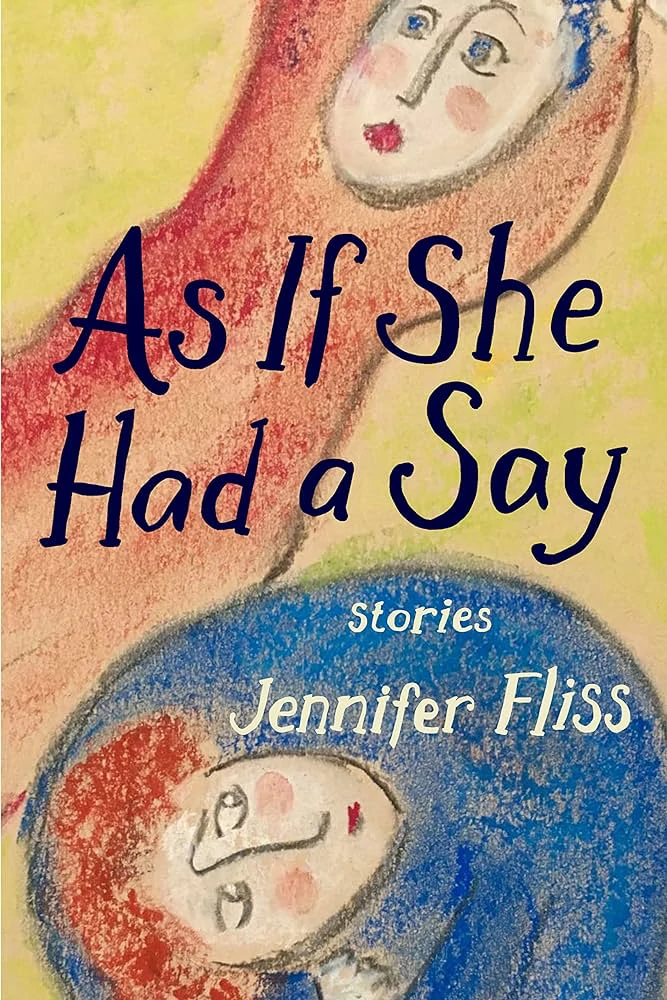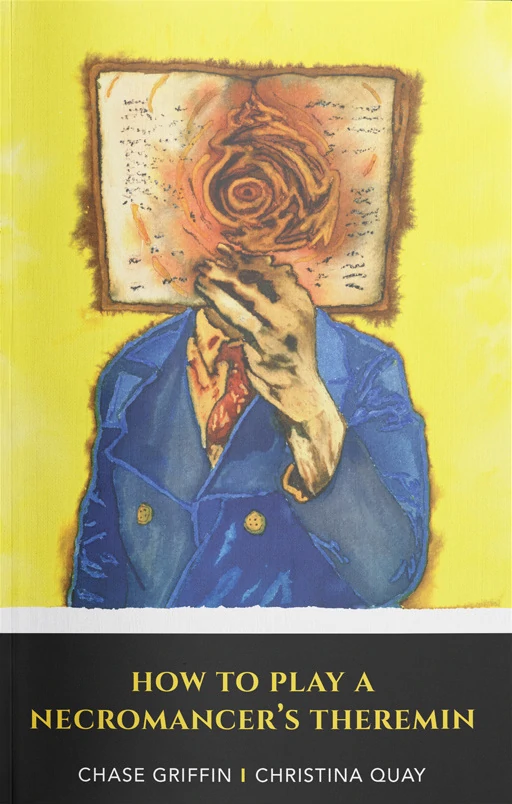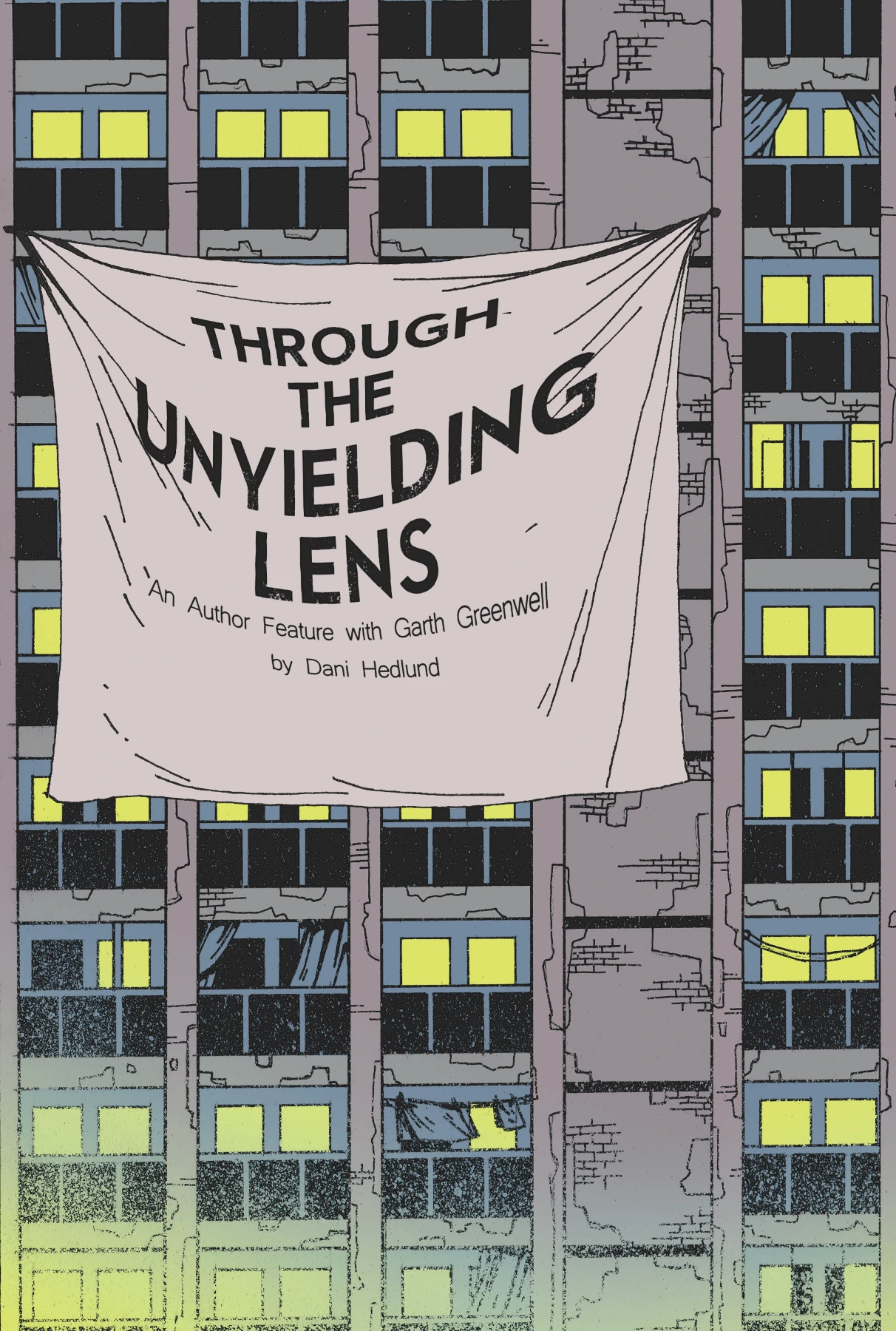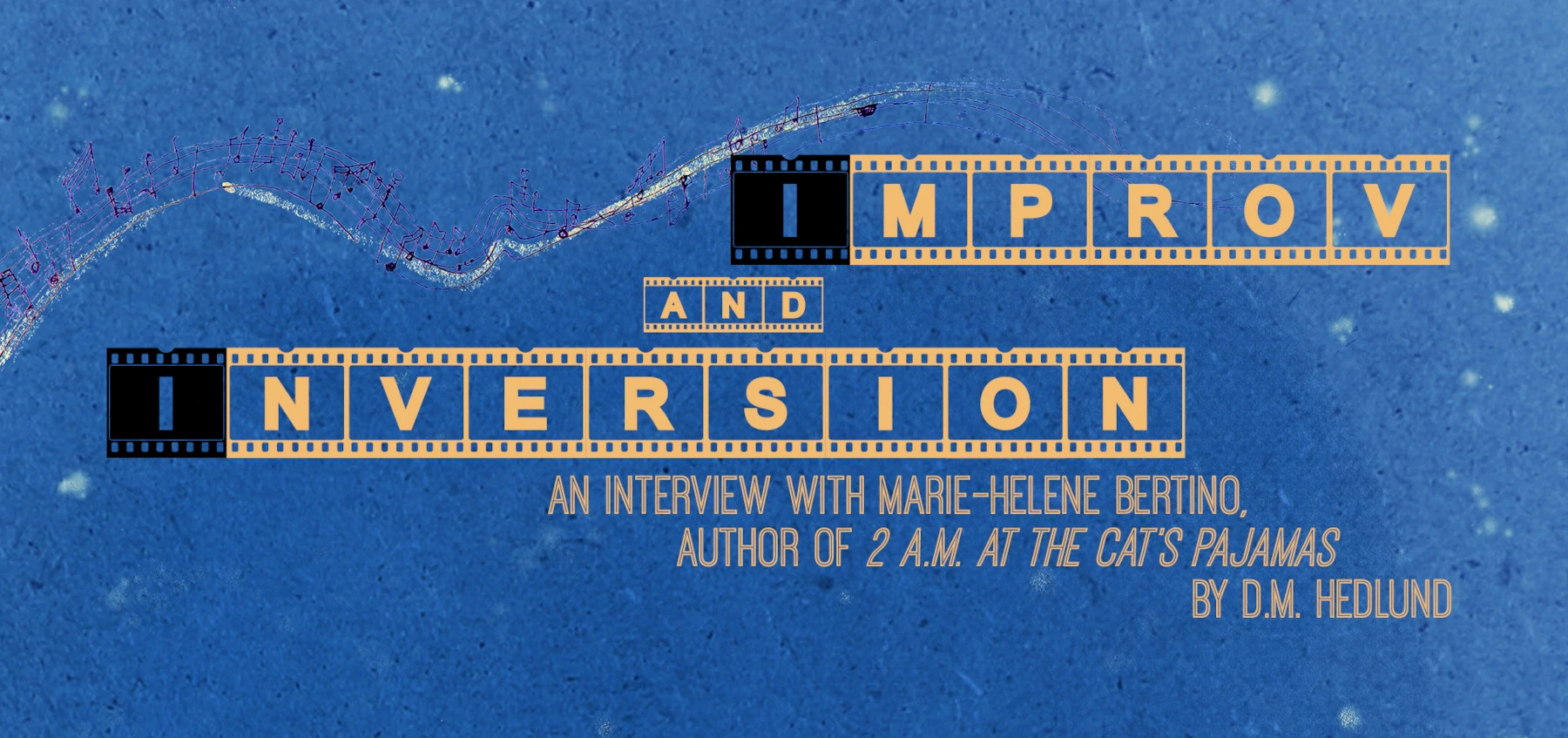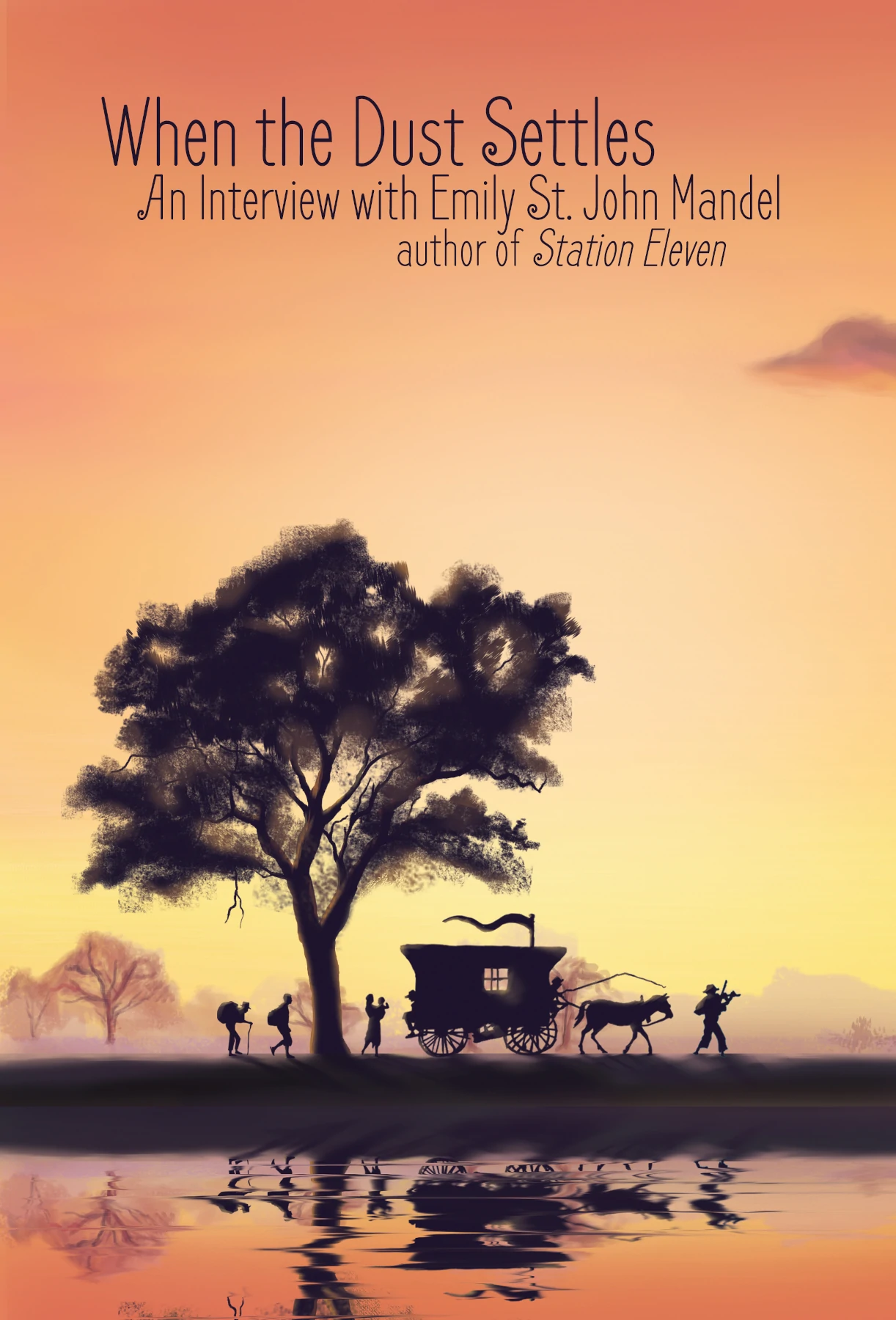As If She Had a Say is your second published short story collection. I’m curious to know if you always saw yourself as a short story writer or whether this is something you ended up falling into?
As a kid I used to make maps. I would tape together these massive maps across our family living room. I would name the streets, place the schools, and write up little information pieces. They ended up being very elaborate. Fast forward a few decades, people ask me did you always write stories and I say no, but I realize now that I was always world building. I also had a pretty rough childhood—my father was very abusive and there was a lot of neglect—so when I was in my 20’s, I processed that through writing. I lived in New York City and would write on the subway. I was writing things that weren’t meant to be seen by anybody else. That morphed into a short story based on my life because it was the only way I could talk about it. I enjoyed the process so I kept writing short stories and here I am, still writing those stories and I love it!
I started publishing in 2014 and short stories immediately worked for me. When I start writing a story, it usually comes—more or less—in one burst, so short form seems to be a natural fit for me. I have tried novel writing, and I enjoy it, but short stories are always where I’m going to land and come back to.
You mentioned getting the stories out in one burst. In general, do you know in advance how long a story is going to be when you start? Does it change massively in the edits or does the length remain stable?
Generally, it stays the same. I wish I could point to some craft piece in my brain that tells me how long it should be, but the stories come to their own conclusions. A few years ago, I wrote a short story that I knew wasn’t working. It either had to be cut really short or expanded. I ended up turning it into a novel. That’s the only time where it didn’t come out as it was. Really the stories dictate themselves.
I also like to play with concepts, form, gimmicks. My stories take on a little fabulism. I think those types of things work much better in short form.
Do you think short story form is a fit for you because you’re more interested in the fragments or do you have an attention span that likes to jump from idea to idea quite quickly?
The latter. I don’t think it’s super intentional. When I sit down and write the stories just come out and I do love generating new ideas. I’m like the dog in the movie Up when he sees a squirrel—so short stories work really well for me. Revision is particularly difficult. I don’t like to do it, though I understand I need to, which is why novel writing is particularly hard. So much revision has to happen there and if you pull out one piece it’s like a Jenga tower. You pull out one block and everything could fall. The short stuff is easier for me.
Before we get into the specifics of this collection, I’d be interested to hear about the process of selecting the pieces. What guides you making those decisions?
I actually put this collection together before my first published collection, Predatory Animal Ball. All the stories from both collections were written over the past nine years, and I feel that As If She Had A Say is my stronger work. Even though I wasn’t intentional when I wrote those stories, I realized later how much I talked about women not having a say and the roles women have been stuck in. I return to this theme subconsciously because of my childhood, and so I picked these pieces that thematically went together. Simply put, I put together the stories that could wrap around this theme and what I felt were my stronger pieces.
When you say “strength” what does that mean to you? What kinds of things define if a story has worth?
I like a good upmarket book, but you know how sometimes there’s a formula or a “they lived happily ever after” ending—if my work is like that, I feel I have been lazy. I think a story is strong if at the end I feel very satisfied. In general, my stories are maybe not always happy endings, but they are hopeful.
Sometimes we’re blind to our stories too, so people’s responses help me know if it’s resonating with others. I also like to read it out loud because I enjoy cadence. I like language. I like to feel if it’s like a song to see if it works. That there’s not repetition of words without being intentional. That’s what makes a piece strong for me.
How did the title, As If She Had A Say, come to you?
It used to be As If You Had A Say and my editor thought that changing it to “she” would make more sense and I agree. It takes it out of the second person and takes it out of talking to the reader.
I didn’t have a say as a child. It wasn’t until I graduated and went to college and was more independent that I had a say in how I wanted my life to be directed. I think about choice in my life a lot and I’m grateful for where I am now based on my childhood where I didn’t have a say in what was happening. I divide my life into these two parts: the part where I didn’t have a say in my direction and now the part where I do.
Like I was saying before, these stories end in hope. My characters can have a say in their life, in their directions.
A lot of the stories also have characters with a deceased parent or partner. Is this a thematic interest or a useful plot device?
I’m really happy in my life. I have a partner. I have a child. We have a very good relationship. And I get scared that I’m going to lose that. Like I said, my childhood was pretty terrible, and now that I’m making choices, I feel lucky to have this life. I’m always a little worried about that being snatched away.
I also think grief is really interesting. Obviously, it looks different for everyone but the thing about grief, at least in my writing, are the small things. Thinking about their toothbrush still being wet because it’s only been a few days, and then having to throw it out. What a painful experience that no one really talks about.
I know I’m not alone here, but I still have my grandmother’s number in my phone. She died in 2015 and we were very close. I feel weird about deleting it. Same with a friend who passed away last year. Do I delete their phone number? They’re obviously not going to be calling me again, but it feels like another final thing. Grief can manifest in so many ways and I’m fascinated with those micro moments of grief.
Water is also a common motif throughout your stories. Whether it’s in the form of rain, a flood wrecked home, or a woman literally turning into water. Where does this come from?
That’s so funny because I haven’t noticed that, but you’re so right! I’m not Christian, but I do remember reading in English classes about water being purifying and baptism, and all that must have lodged in my head because I still remember it.
Our bodies are mostly made of water, our planet is mostly made of water, it’s the thing we need to live. It’s really the most important, tangible, thing. I find it interesting to take a subject and explore all the different ways we use, see, or experience it.
I have two pieces in progress, one about doors and one about windows. I find it fascinating how different buildings have different doors and windows and how they evoke diverse feelings in us. How they’re both a place of escape and entrance. I love the idea of taking one thing and examining the various meanings it can have.
So I think the water motif was unintentional, but maybe it was subconscious in the same way I like to explore other themes too.
Short fiction can allow you to examine a topic or object from every angle. Your stories do this through a mix of realism and fantastical elements. What inspires you too combine realism with surrealism?
Franz Kafka has always kind of stuck out to me since reading The Metamorphosis. The character wakes up and is a cockroach, which is crazy, but in the scheme of the book no one thinks it’s all that weird. They’re concerned with how he’ll have a hard time sitting at his office desk instead of asking what the hell, you’re a bug!? That really stayed with me and was the first time I experienced that kind of magical realism typically associated with Latin American literature.
As a story telling device, fiction is my wheelhouse. The fact that you can do anything is incredible without having to waste space in the story explaining it. Then you can proceed down some really interesting avenues. I like to read work like this, so many Japanese writers, in particular Yōko Ogawa, do this really well. And Gabriel García Márquez is obviously the king of it.
It’s a fun exercise to open up your mind to what a story could be. In my collection there is a story with a lady living in a fridge sleeping on butter, I don’t know where that came from but I do come up with a lot of weird things in my dreams. The brain is doing such weird stuff at night and many of those ideas come from your brain without you thinking about it.
Sometimes it’s easier to use metaphor and surrealism to discuss the real world. I’ll take horrible events happening and come up with some ridiculous version of them. Understanding political, economic, or social issues is easier when you stretch them to be their most absurd, wonky off the wall metaphor, and I think that’s part of it as well.
Can you talk a bit about how you explored the relationships between the sexes in this collection?
You know, I didn’t step out to write a feminist collection, but by nature being a woman, that is my life experience. Harkening back to my childhood, my father was doing terrible things but then talking about how much he loved me—which is bonkers—but I think there was part of him that really did. He just had no idea how to do that and how his actions countered what he was claiming.
That Man versus Woman got right into my head early. Though I do still harbor some anger towards her, my mother was a victim in the whole experience too. My early experiences were a woman cowering in the corner and a man being threatening. I think that the power play between genders is not that black and white. Obviously, there are plenty of great guys out there, but they are also part of that system. I think the collection reflects what we’re experiencing. One thing I’d like to learn more is that grey area. I think some stories do that, but I think they’re kind of a bit more simplistic to people than what the message really is. I love when I read things where it’s not clear and that’s really what life is more like.
Was it your intention to have the male character in the story Sounds of Nouns become more dependent on those around him, making him more empathetic and less egotistical?
I kind of love that take, but it certainly wasn’t conscious. We all grow up in certain silos, and have a hard time truly understanding what an outside perspective is. I can read and talk to people about different experiences, but that will be a surface level understanding. If we were to experience what someone else is experiencing then we have a moment like Oh! I get it! It’s unfortunate that we’re not a more empathetic animal.
What is next for you?
Well, I’m always writing short stories and little non-fiction pieces. I have alluded to a novel a few times and I need to go back and revisit that. But because I’m me, I’m going to work on a new novel idea! It takes place at a sleep away camp. I find this such an interesting microcosm setting. I’ll be going to Montana for a week this fall where I’ll work on the novel. In the meantime, I’m percolating ideas.
If you could give one piece of writing advice, what would it be?
There’s no one way to do it and you don’t need to write every day. You don’t need an MFA or to live in a big city. Resources are lovely, but you don’t need any of those things to be a writer. Remember, there’s not one way to do it.
Curious about our thoughts on As If She Had a Say? Read Sam Burt’s review.
